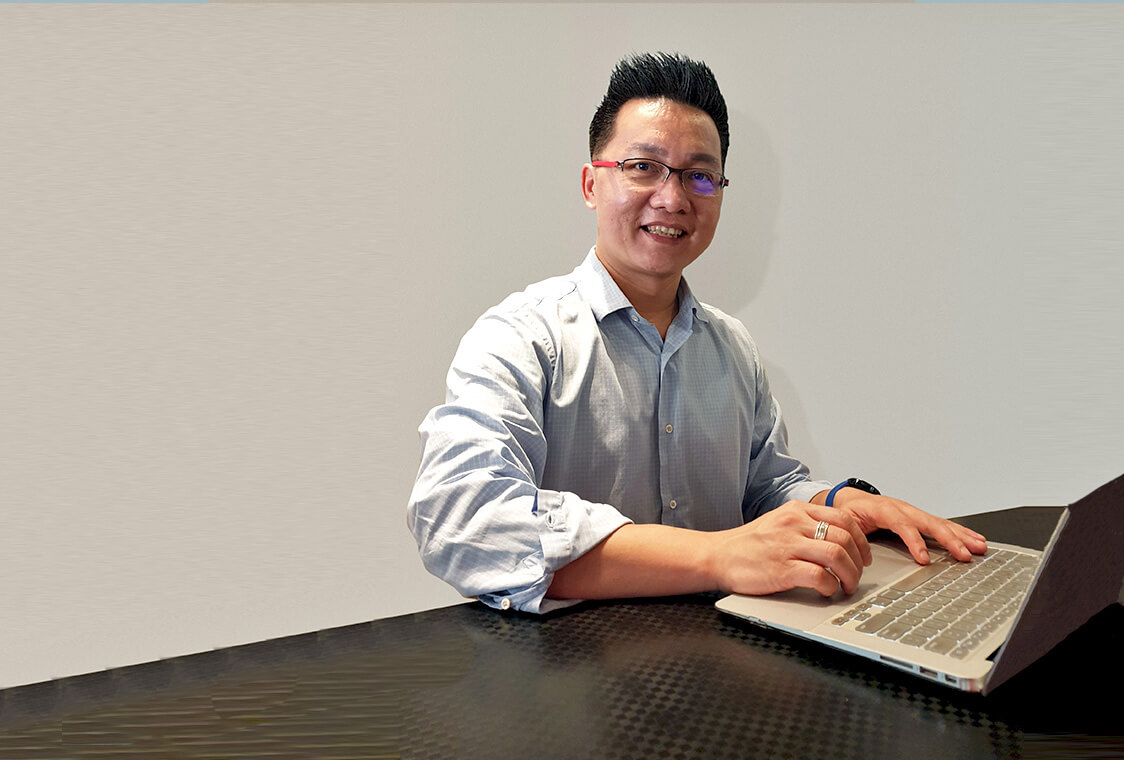By Singapore Management University
Ivan Chong, director at RSM Corporate Advisory, was keen to obtain his licence to become an approved liquidator. He knew Singapore Management University’s (SMU) Master of Professional Accounting (MPA) would give him the qualification he needed.
Chong graduated from RMIT University in Melbourne with a Bachelor of Business, Economics and Finance, and started his career working in the accounting industry, specialising in corporate restructuring. Although he had many years of experience working in accounting, he needed to obtain a licence from the Singapore government in order to become an approved liquidator.
The Accounting and Corporate Regulatory Authority (ACRA) specifies that SMU’s MPA is one of the qualifications that are recognised for enabling aspiring professionals to attain the approved liquidator status.
Chong says: “The MPA offered by SMU is very well accredited in Singapore. I embarked on the Master’s degree knowing it would definitely give me the leverage to achieve my career goals, especially in the area of accounting and finance. Besides, it is also a recognised qualification for me to obtain my professional licence to work as an approved liquidator.”
The SMU MPA is Singapore’s most recognised graduate qualification in accounting, with 11 accreditations from regulatory, professional and academic institutions from countries including the UK, Australia and New Zealand, and of course Singapore. The programme is so rigorous that graduates from SMU’s MPA are granted exemptions on the foundation modules if they pursue the professional qualifications offered by several professional bodies such as ACCA, ICAEW, ISCA and CPA Australia, enabling them to fast-track their careers to obtain Chartered Accountant (CA) or Certified Public Accountant (CPA) status.
For Chong, one of the deciding factors to embark on the programme was the flexibility that comes with studying on a part-time basis.
He explains: “Doing the MPA part-time means that I can continue to hone my professional experience while studying. It gives me the opportunity to develop my career and learn new skills at the same time.”
“If I did it full-time, I would have to have taken a sabbatical and been absent from work for a year. Furthermore, being in the management level means that my absence would be disruptive to people in my team.”
SMU’s campus is located in the heart of Singapore’s central business district. This appealed to Chong as it made it easy and convenient for him to attend lectures after work.
“The location of SMU makes working and travelling a lot easier. The part-time MPA classes are held on two weekday evenings, leaving Friday and the weekend free for us to catch up with our friends and family. That is one of the big plus points for me,” he says.
Chong is highly impressed with the real-world insights the MPA provides. Through the MPA programme, students develop strong business fundamentals, alongside the technical skills required for various accounting functions.
SMU uses seminar-style learning, with small class sizes to encourage meaningful interaction with the instructors. Project-based assessments are designed to help students develop creative and analytical thinking skills.
“The hands-on learning approach helps to make the accounting subjects interesting for students. We do not just look at what an accounting standard is, but also at its application in a real-life situation.”
Chong also appreciates the diversity of students on the programme—around a third of his classmates are working professionals like himself from backgrounds including tax, corporate restructuring, finance and someone from the Auditor-General’s Office.
“We all come from very diverse backgrounds. Apart from fresh graduates, there are professionals working in middle, senior and top management across different industries, so we were able to exchange a lot of ideas.”
He also thinks he benefitted greatly from the faculty, who came from a mixture of academic and industry backgrounds.
“I think the class really benefited from our instructors who have vast knowledge and experience in the field of accounting and finance. Very often, they shared real-life examples of what they have done, as well as case studies and insights with us,” he says.
Although Chong is already employed, he is impressed with the assistance SMU’s Career Services offers to the students. The Career Services team works with students to map out their career preparation and development paths. Through internships and a comprehensive range of training programmes, they are dedicated to helping students make informed decisions about their career plans.
“They organise career fairs with firms like Deloitte and KPMG. Students can also seek career advice to help them with their career plans.”
To anyone considering doing SMU’s MPA, Chong says: “When I speak to my peers in the industry, they have all heard of SMU’s MPA. It truly is the most established and recognised postgraduate programme for accountants in Singapore.”
Not only that, but the MPA equips graduates with the experience and skills they need to accelerate their careers, with graduates from the programme particularly sought after in the accounting industry.
Irving Low, partner and head of advisory at KPMG, Singapore, says: “Accounting is the language of business. Deep insights and industry relevant skills make SMU MPA graduates especially fluent. One of the key attributes to look out for is to be proactive and we find that SMU students are able to offer us that proactiveness and thinking outside the box.”
This article was originally published on eFinancialCareers.








